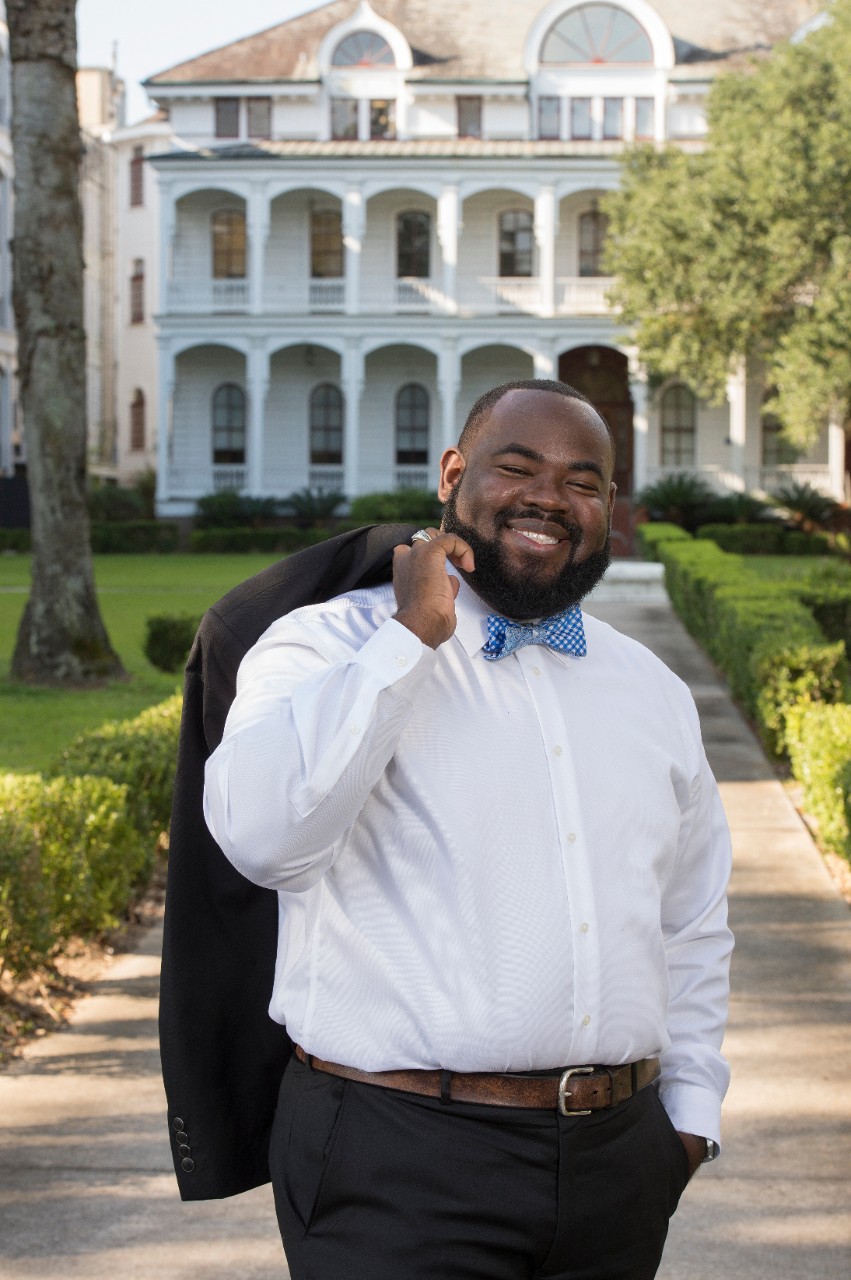
Photo by iStock.
COVID-19 has changed how we work—at least for now. But what will happen when the pandemic ends?
Will we be able to work from home as much as we’d like? Or continue to run meetings on Zoom? Or squeeze our 40-hour work weeks into fewer days?
Samuel Bradley, Jr., an assistant professor in the Boston College School of Social Work who studies equity in the workplace, wants to shape the answers to those kinds of questions. He recently received a fellowship from Portland State University to study the future of work for marginalized populations, including women, racial minorities, and the LGBTQ community.
A study by McKinsey & Company, the consulting firm, found that women, people of color, and LGBTQ employees have had the hardest time during the pandemic. Women are particularly worried about the health and safety of on-site workplaces. LGBTQ employees fear losing ground at work. And people of color are especially concerned about balancing work and home life.
“We need to take a close look at how we do work, where we do work, and when we do work,” says Bradley. “Then we need to create programs that anticipate the needs of everyone.”
Bradley was one of 26 social workers selected to join the Social Work Health Futures Lab at Portland State University, a program funded by the Robert Wood Johnson Foundation.
Over the next 18 months, the fellows will work together to tackle some of the most important problems facing the world, including climate change, food security, and bias in artificial intelligence.

Samuel Bradley, Jr., an assistant professor in the Boston College School of Social Work. Photo by Kyle Encar.
All of them will transform into futurists: people who look beyond the present to analyze change that’s coming. “We have to prepare for the death of our current normal,” says Bradley. “The things we did before might no longer be relevant in the future.”
The fellowship builds on his work at BC. Bradley oversees the Equity, Justice, and Inclusion Committee in the School of Social Work, which strives to tackle inequalities that contribute to unfair outcomes in the classroom, better prepare students to work with diverse populations, and create a culture steeped in lifelong learning. He’s also created a certificate program to prepare social workers to improve equality in the workplace for women, people of color, and other marginalized employees.
“I'm super excited about this fellowship,” says Bradley. “It feels like an affirmation of my focus on making organizations more equitable.”
Bradley says the certificate program will drive discussions among the fellows. The program, which will launch in fall 2021, comprises three courses: “Re-thinking Diversity” will explore the causes and effects of oppression and privilege; “Dismantling Organizational Bias” will prepare students to manage diverse teams and resolve conflicts in the workplace; and “Creating the Inclusive Workplace” will examine ways to reshape hiring practices to increase diversity.
“There is a gap in academic programs that prepare people to do this work,” says Bradley. “The idea is to create courses that challenge students to think differently about these subjects.”
He wants to apply what he learns as a fellow to his work at BC. How, he wonders, can he teach students to think like futurists? What assignments can he add to his syllabi to get them to consider how future events and trends might unfold?
“I won’t wait until I’m eight months into the fellowship to bring these concepts to Boston College,” he says. “I want our students to be thought leaders.”


